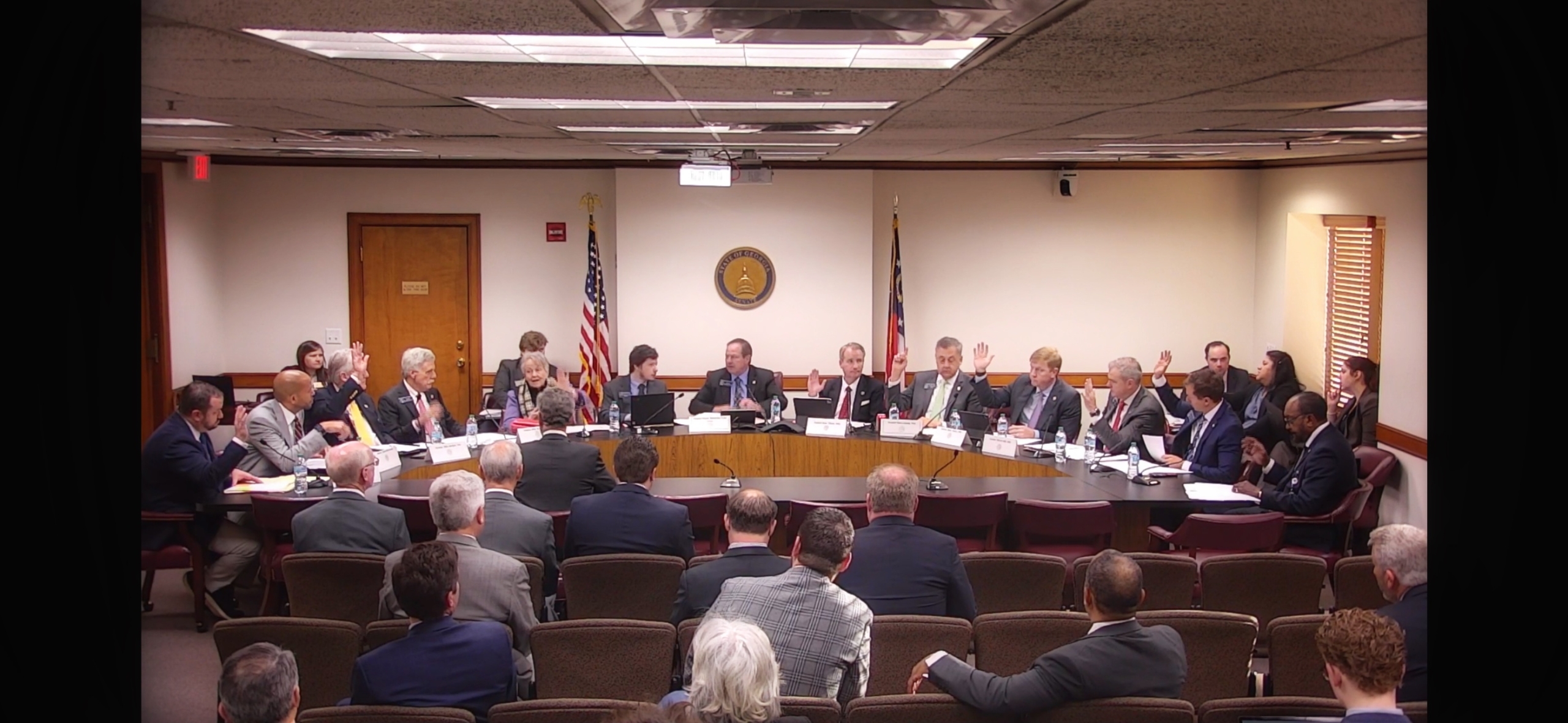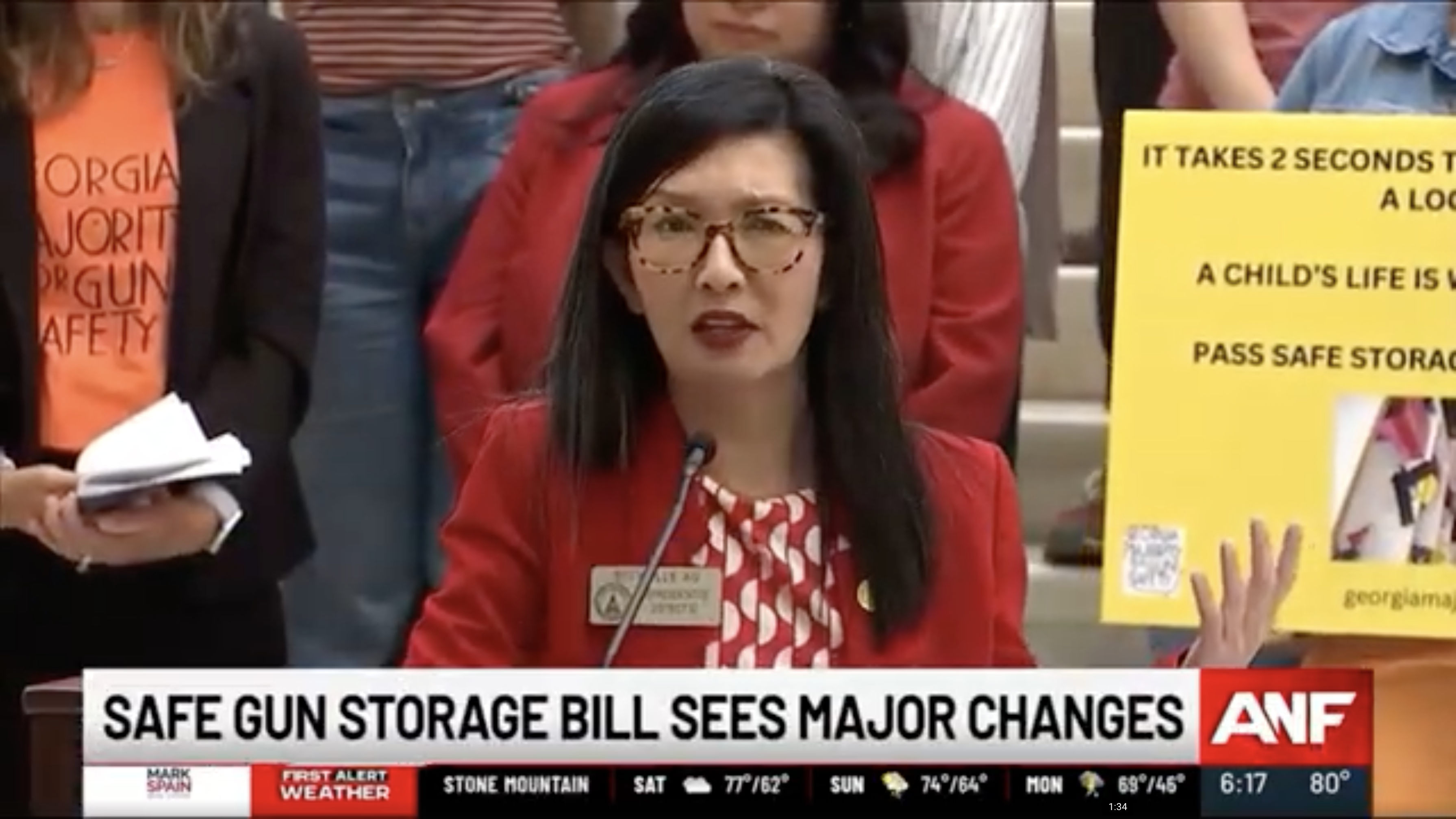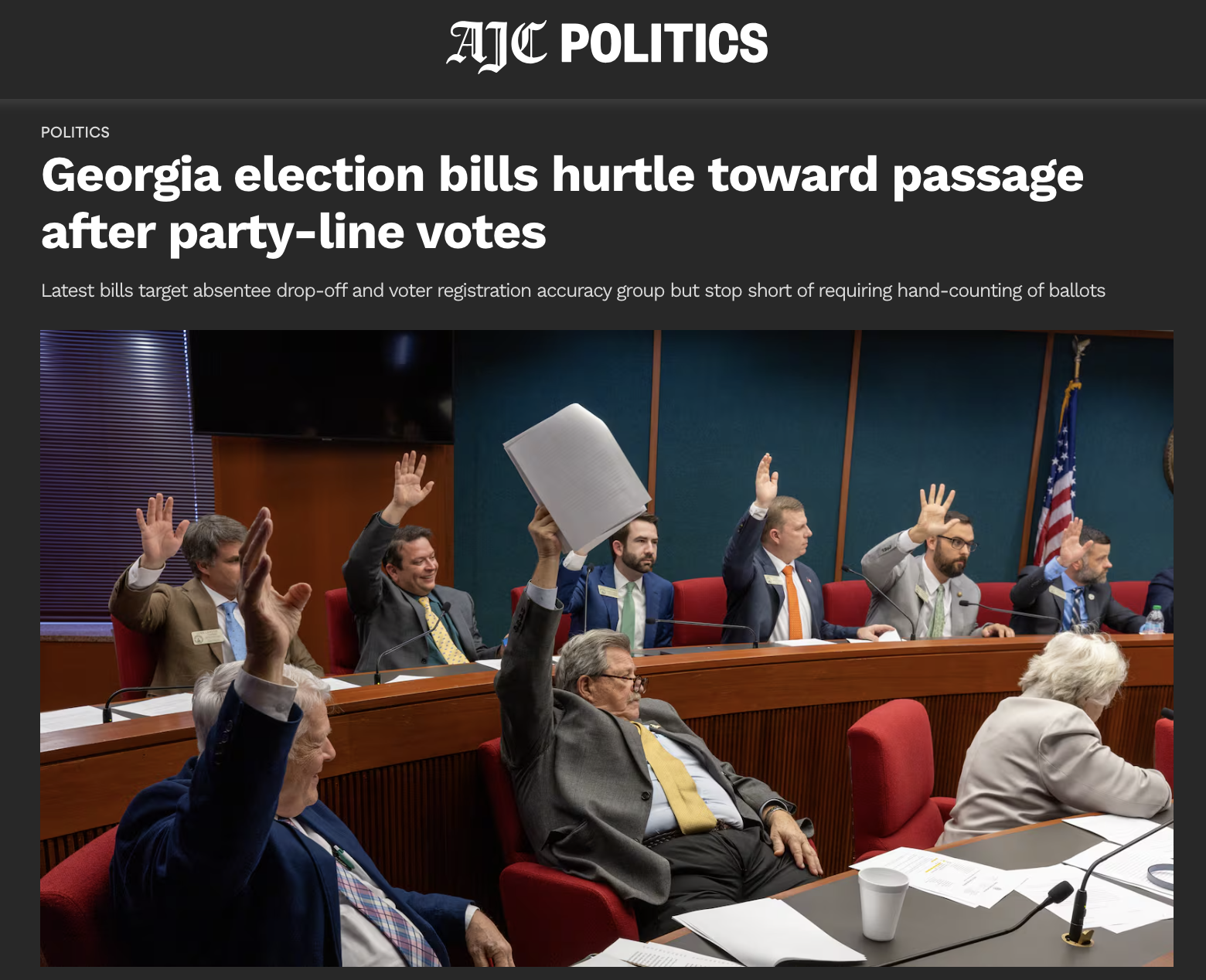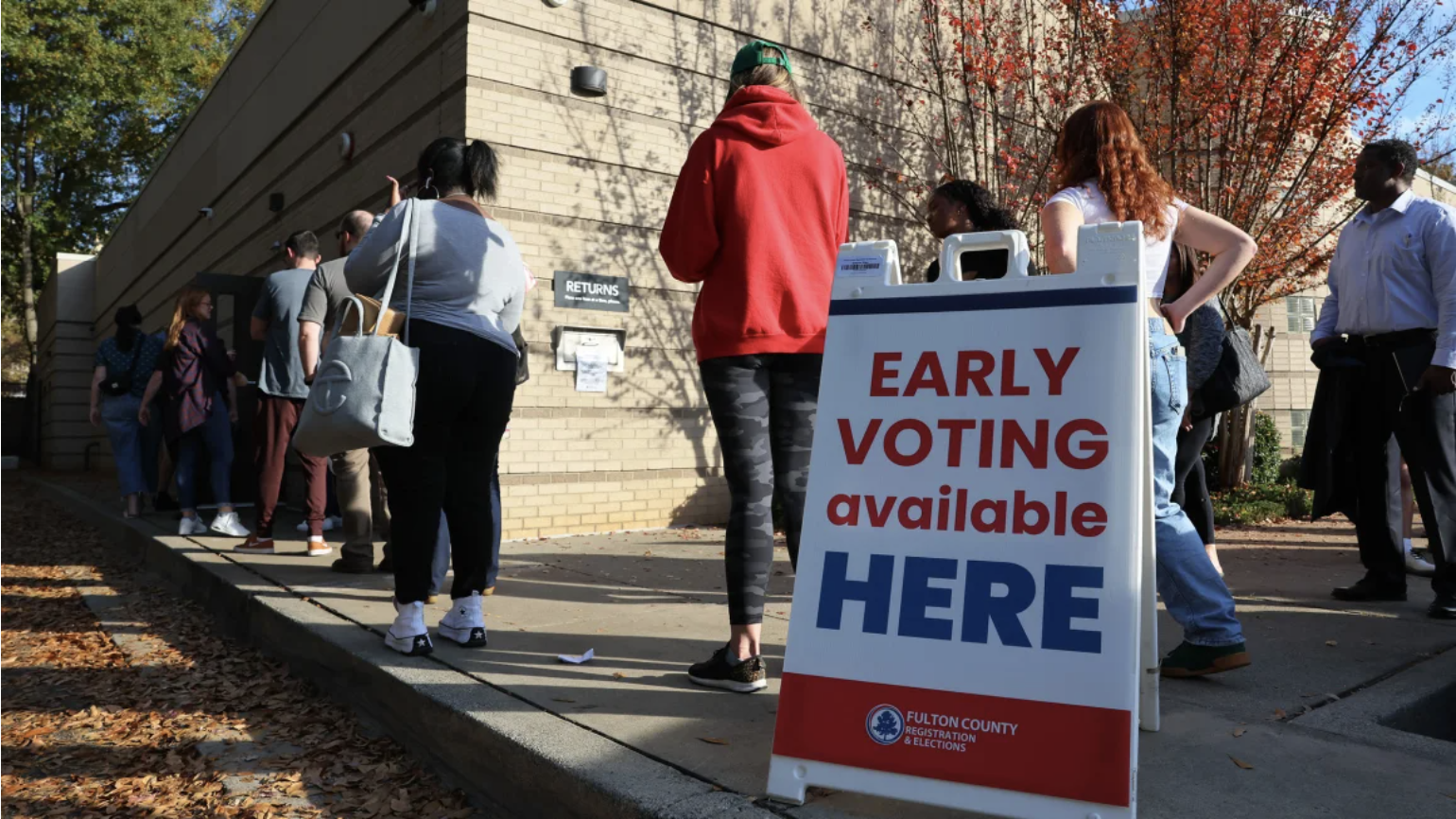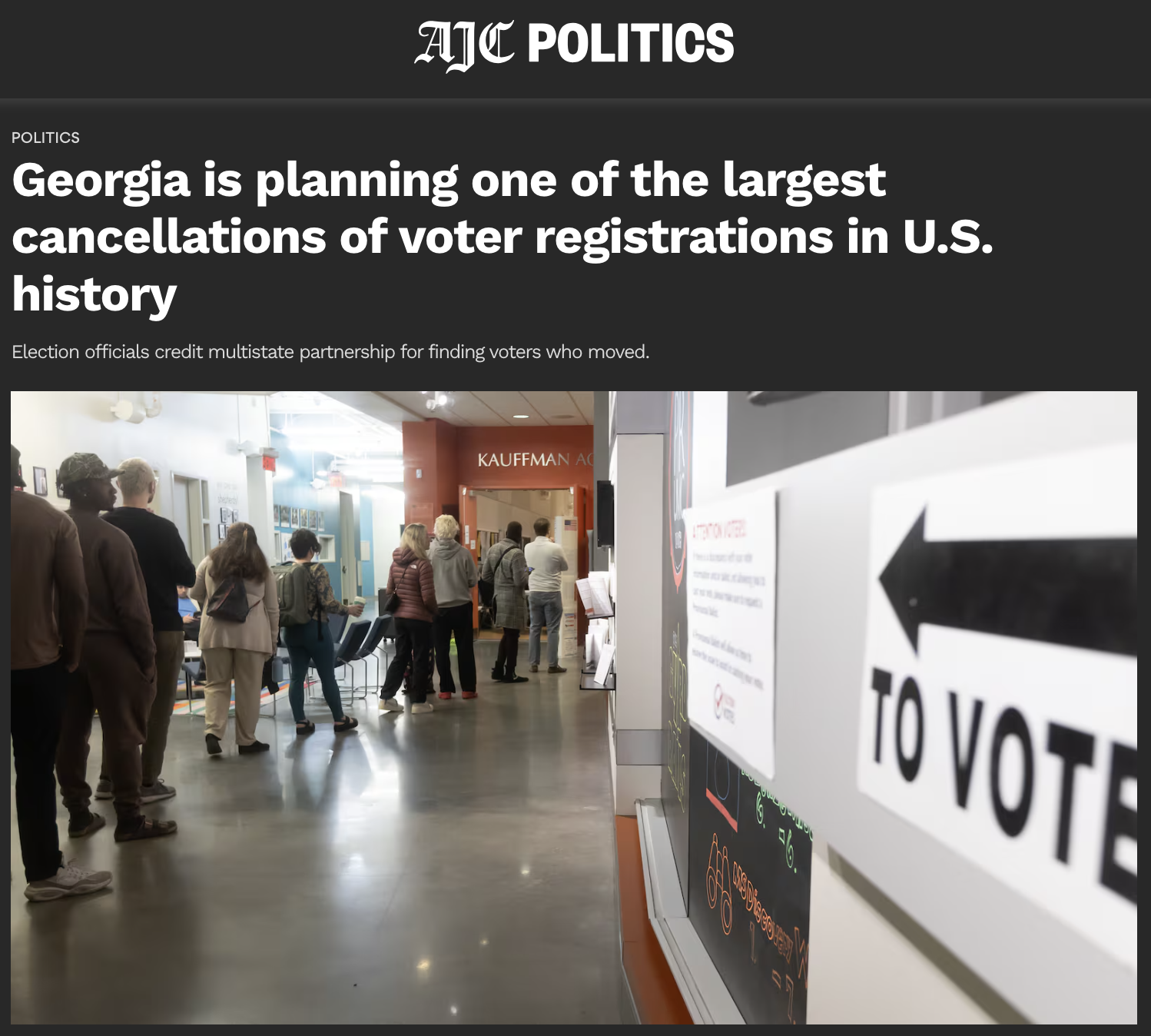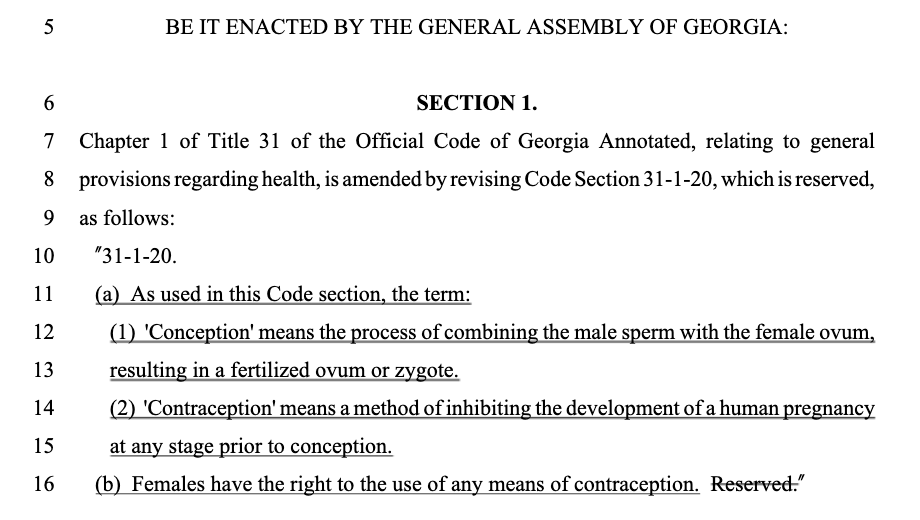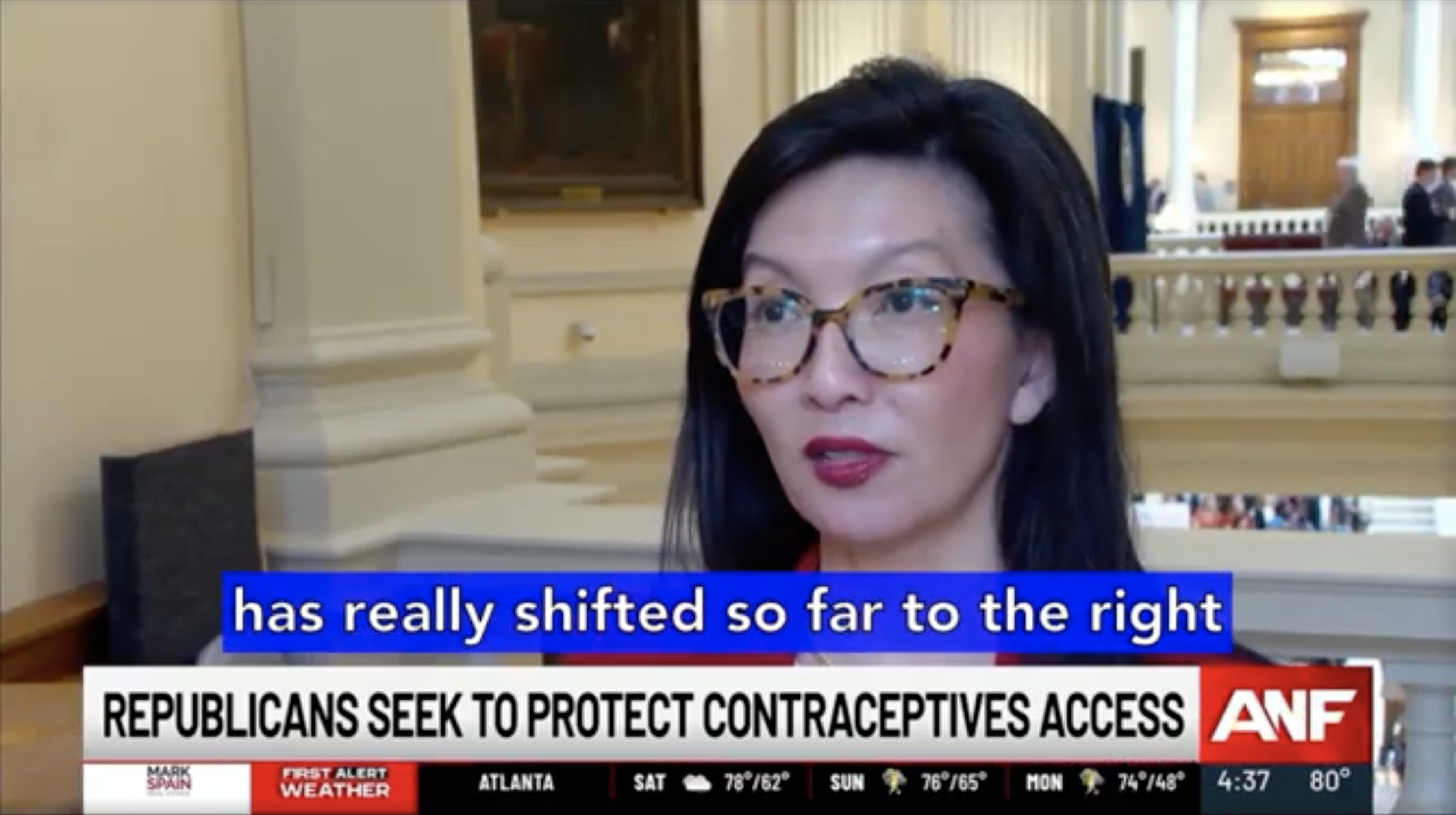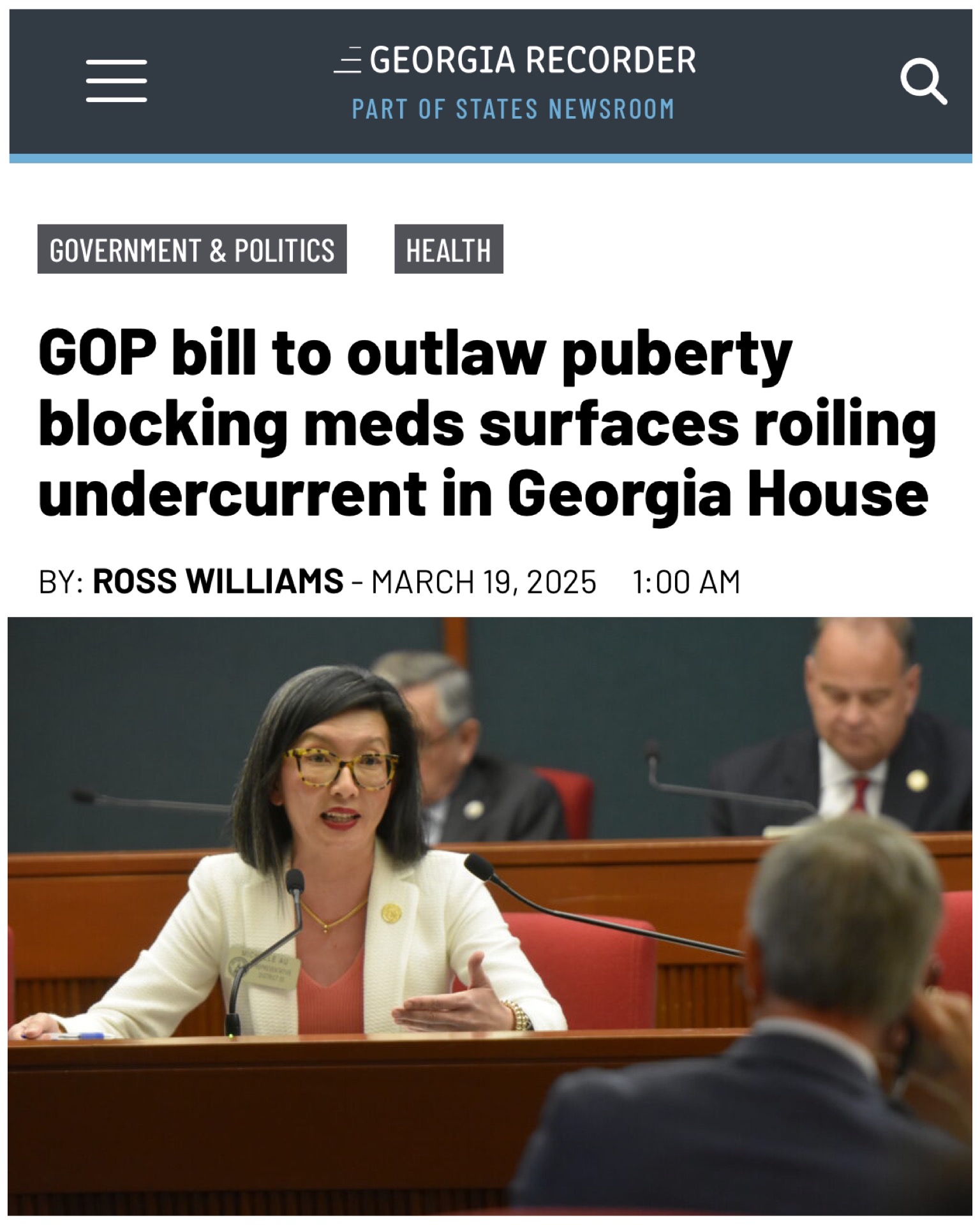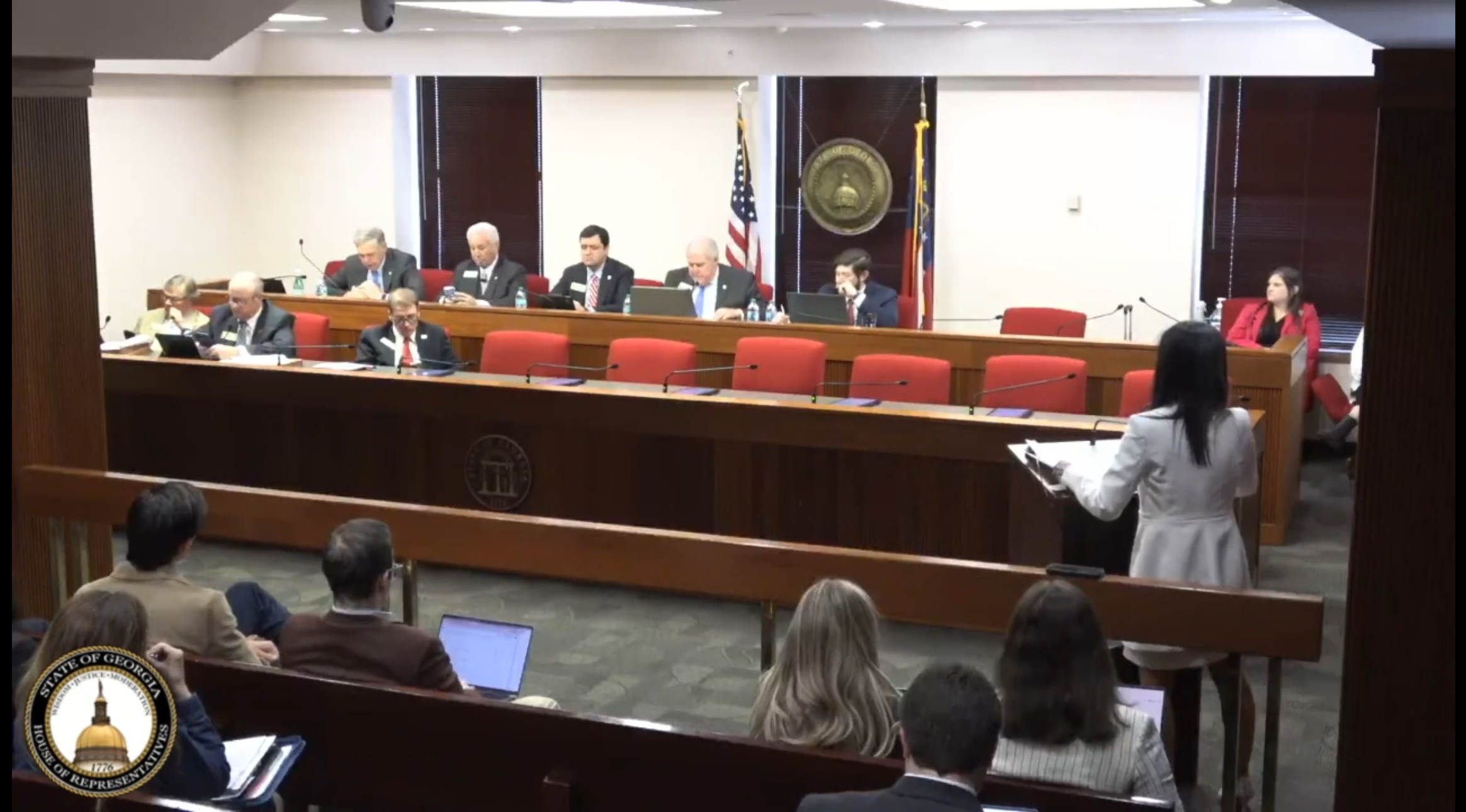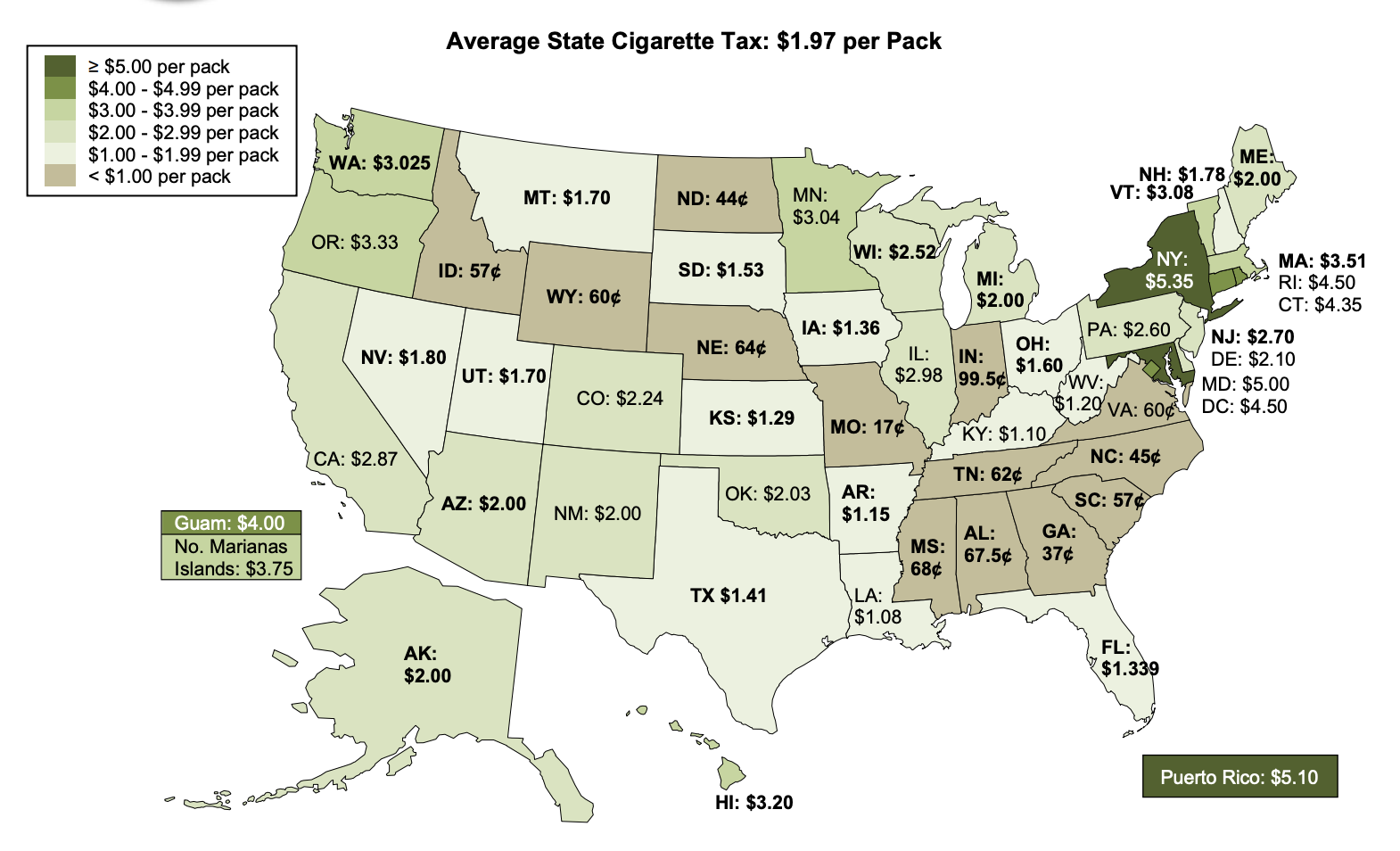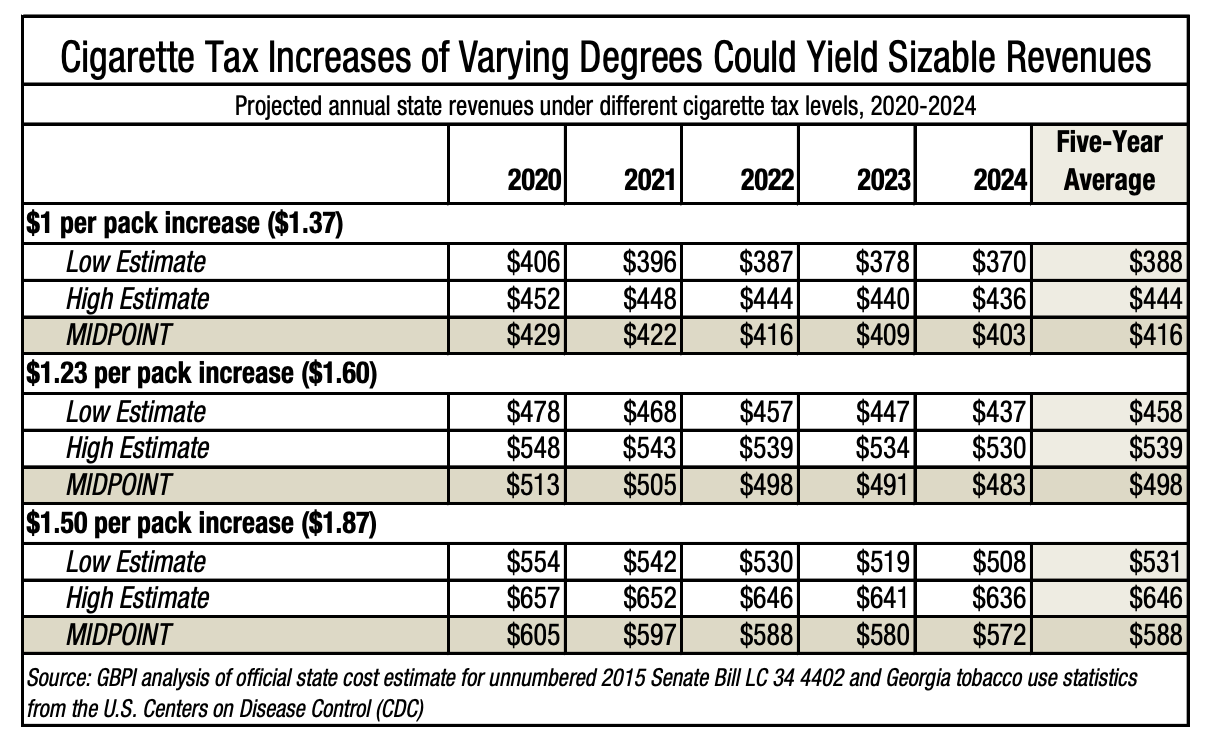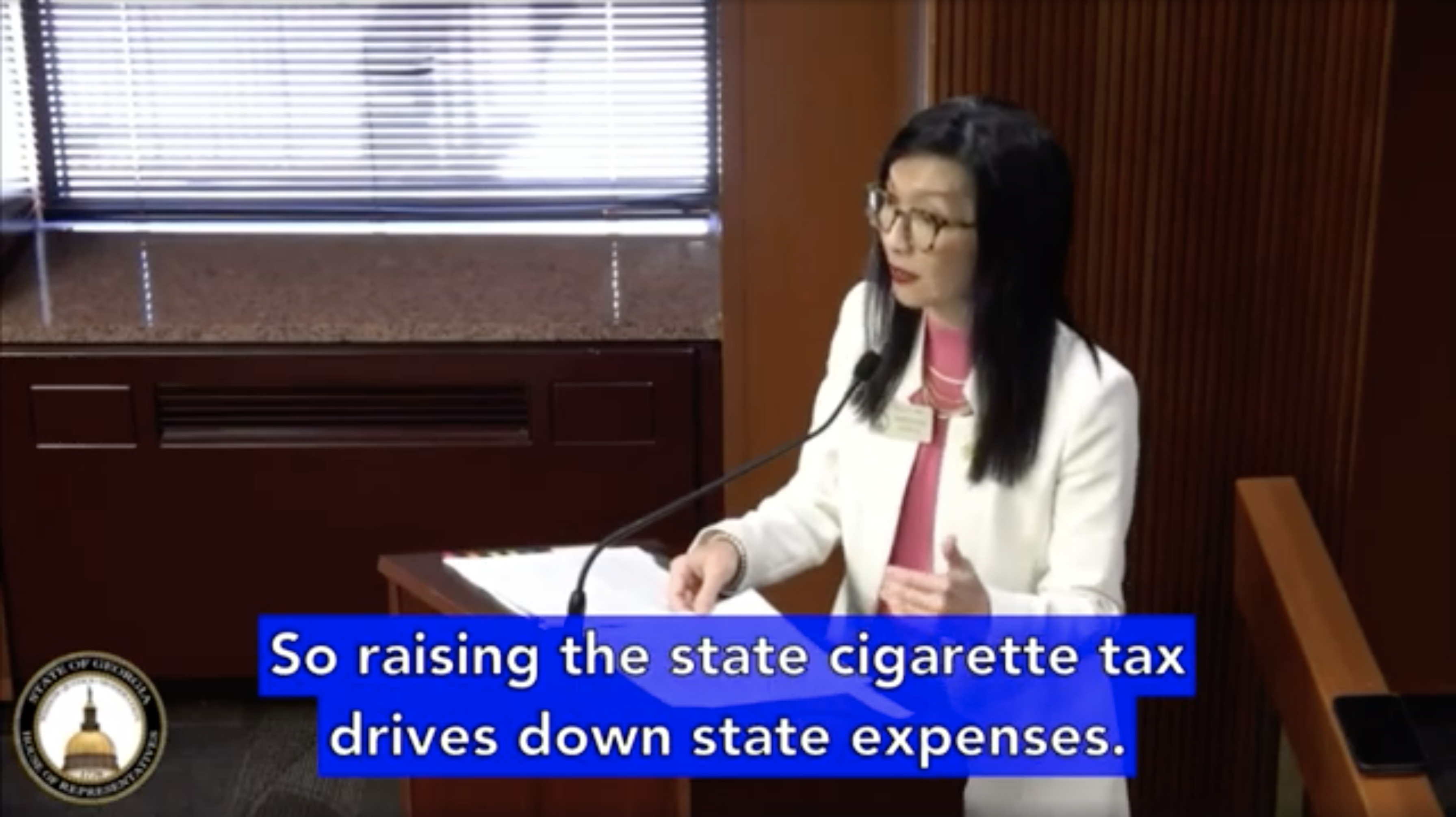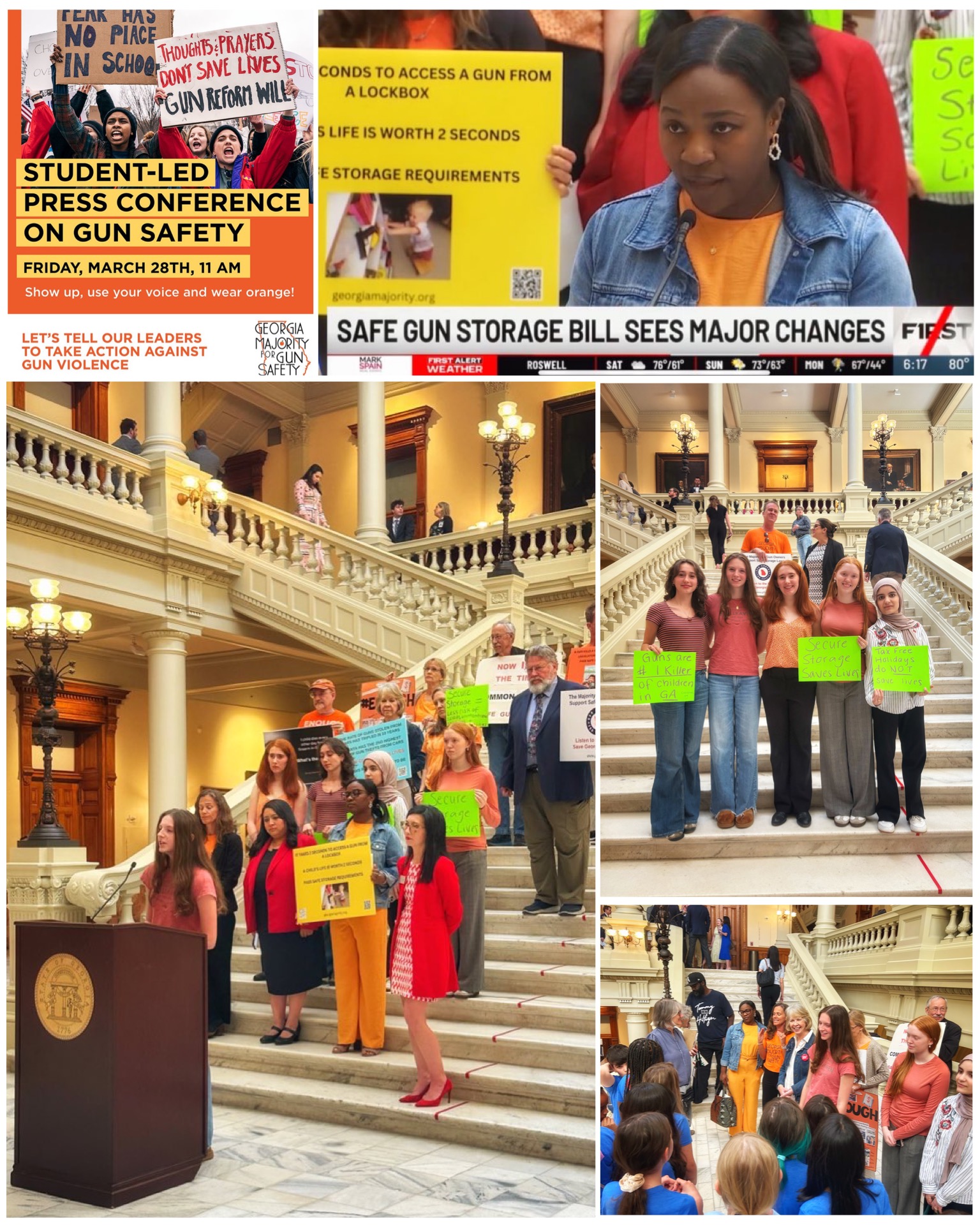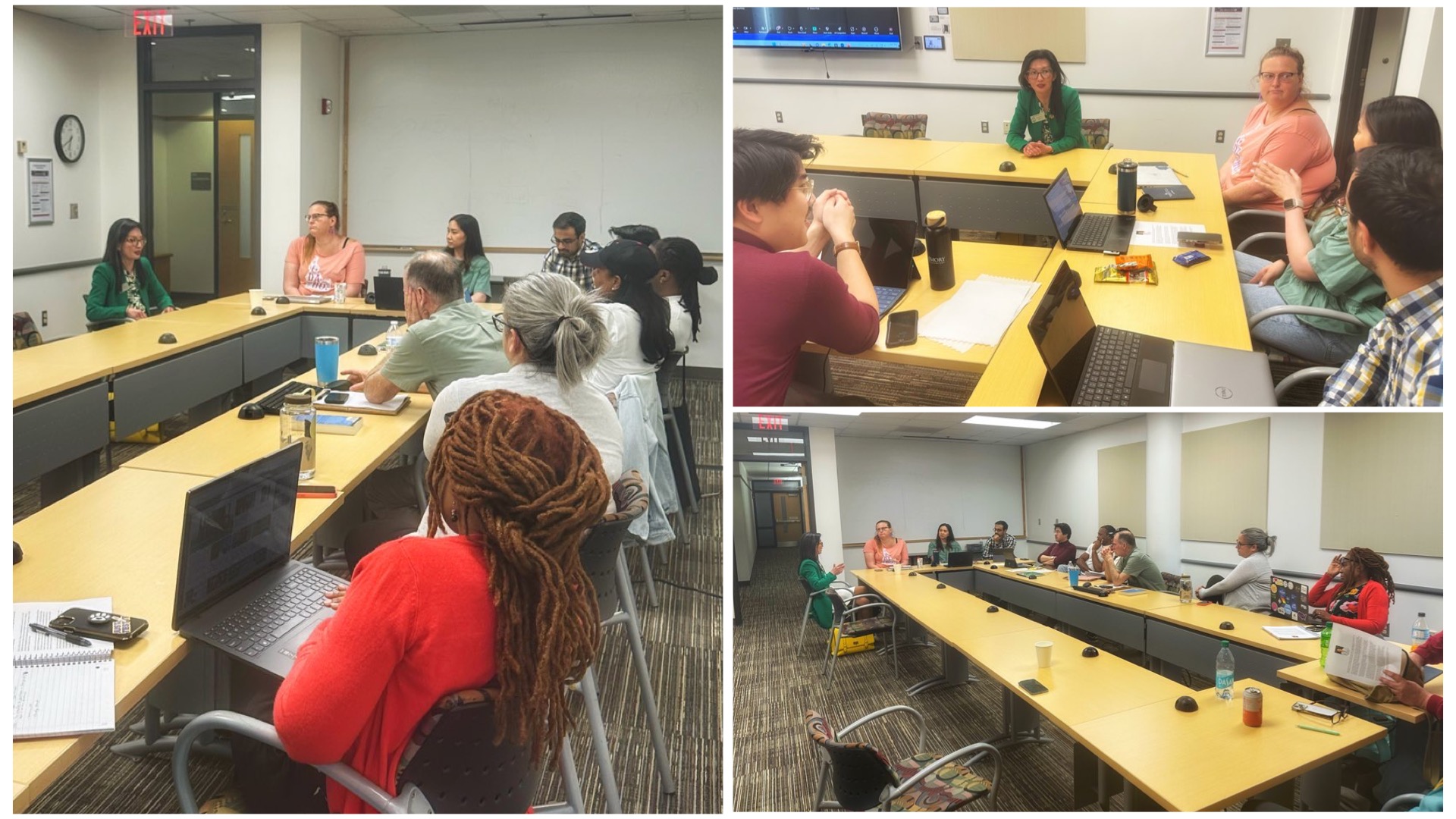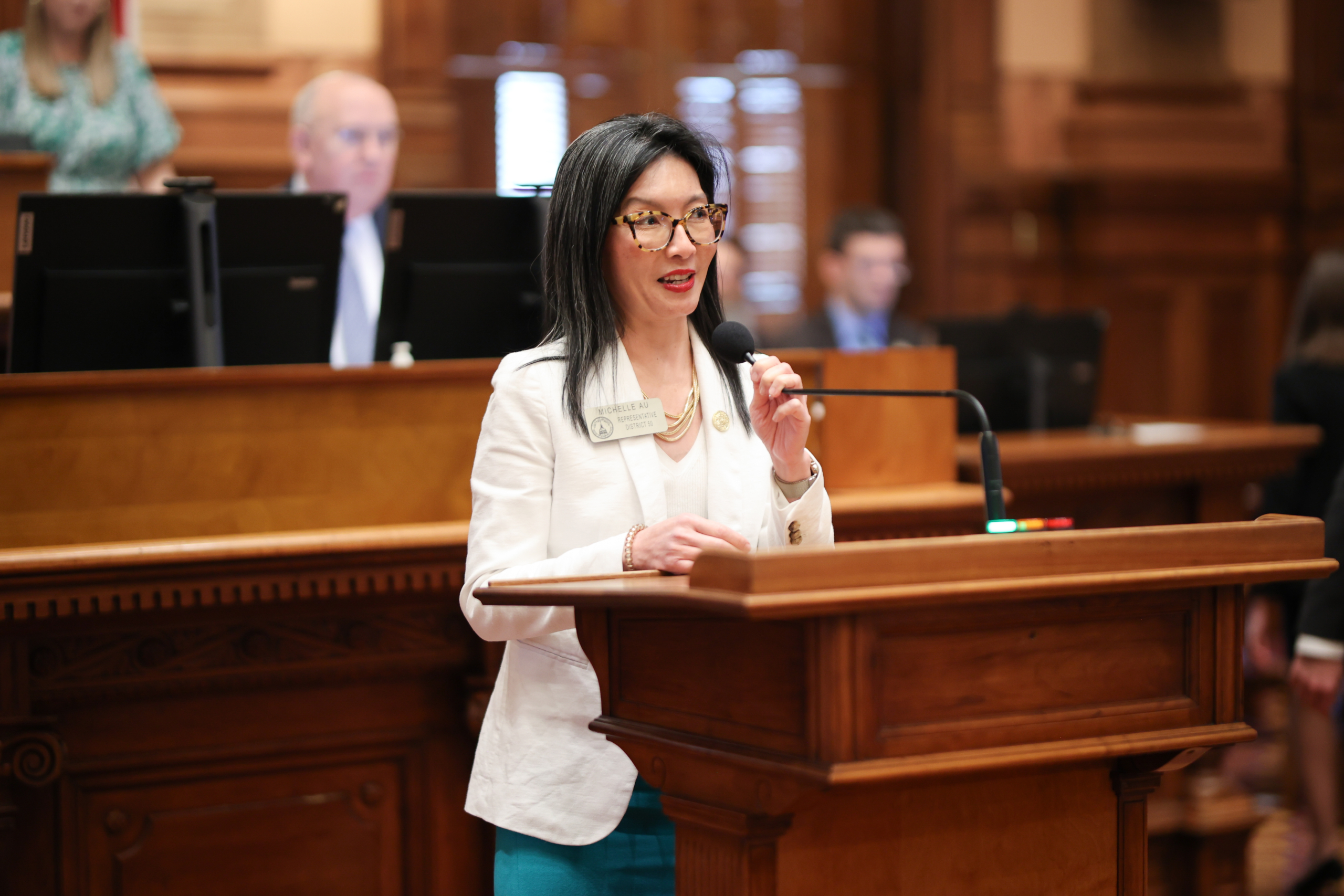Friends,
We are entering the final week of the 2025 legislative session, by which bills must pass with a majority vote in both chambers in order to be signed into law this year.
It is also the time of year where shenanigans abound.
Some bills, having failed to pass by the Crossover Day deadline March 6th, are spliced and grafted into other more successful bills which then become “vehicles” for legislative language completely different from what originally passed.
Some bills are “stripped” of their original language entirely (like a stolen car is stripped for its parts) and substituted with bill language aiming to have a different, occasionally opposite effect from the original.
Other bills end up with multiple failed bills dangling from them, like ornaments on a branch. (These bills are actually known as “Christmas trees” for this reason.)
And with the fast pace and tumult of the last few days of session, those substituting in problematic or controversial language into formerly mundane bills hope that their colleagues will not notice.
Here are a few pieces of legislation to watch as we move into the final week of the legislative session, which ends on Sine Die, Friday April 4th.
SINE DIE BILLS TO WATCH
HB 79 – SAFE STORAGE TAX CREDIT
You may remember that the House passed HB 79 earlier this month. This bill, of which I was the original author in 2023, proposed an up to $300 tax credit for the purchase of firearm safe storage equipment (e.g. gun safes). I have always considered it a companion bill to this year’s HB 1, the Pediatric Health Safe Storage Act, which requires that guns that can be accessed by minors be stored securely. HB 79 passed 165-8 and crossed over to the Senate, where it was assigned to the Finance Committee.
On Friday, the bill was gutted.
The original intent of the bill–to offer an up to $300 tax credit for purchase of safe storage equipment–has been eliminated. Now, the bill contains the language of SB 47, and offers a 4 day annual sales tax holiday for guns, ammunition, and firearm paraphernalia. This version of the bill passed nearly unanimously out of the Finance Committee, and it now stands poised to hit the Senate floor for a vote.
I consider this an affront to students and families across Georgia who have been begging lawmakers for meaningful action on gun safety reform. It is a perversion of the original intent and effect of HB 97. I will now be doing everything in my power to make sure that this bill does not pass.
(One common question I get asked when things like this happen is, “Can they do that?” Yes, they can do that. And they will keep doing it until Democrats take the majority in the House. More about this later.)
HB 397 – ELECTION MANAGEMENT
Arvin Temkar / Atlanta Journal-Constitution
HB 397 originated as a bill allowing cities to opt out of offering early Saturday voting for municipal elections (presumably because of manpower concerns and cost given the historically low turnout).
It has since turned into a very familiar type of omnibus voter suppression bill.
Some of the elements inserted into HB 397 and its companion SB 175 include:
Michael M. Santiago / Getty Images
* Limiting early voting locations to one polling place per county. At present 71% of voters in Georgia vote early, largely because of convenience, flexibility, shorter wait times, and the availability of multiple options near voters’ home and work. For voters in House District 50, it could mean that instead of early voting at Spruill Oaks or Ocee Library, you could only vote early at a single early voting location in, say, Downtown Atlanta. It is difficult to conceive how this would not drive down voter turnout, and disproportionately so in metro counties where the population density is higher (and the wait times would be longer).
* Banning in-person absentee ballot drop-offs the weekend before Election Day. At present, there is no early voting the weekend immediately before Election Day, and therefore no access to ballot drop-boxes, which, after the passage of SB 202, are located inside early voting locations and accessible only during business hours. Those who still have mail-in ballots to cast can, however, deliver these ballots by hand to their county election office. (This practice has in fact been recommended given delays in mail delivery by the U.S. Postal Service, as in Georgia, ballots need to be received by Election Day, not simply postmarked by that date.) This provision in HB 397 would remove this option.
John Spink / Atlanta Journal-Constitution
* Removing Georgia from the Electronic Registration Information Center (ERIC), a 24 state partnership which shares voter info in an effort to update voter roll accuracy. In short, if people move from Georgia to Tennessee but forget to cancel their voter registration in Georgia, ERIC helps provide the accurate information to clean up the voter rolls. Our Republican Secretary of State credits ERIC with identifying 455,000 outdated voter registrations of people who no longer live in state. It perplexes me why a party that champions so-called “election integrity” would opt out of a system offering more accurate voter information, but in this as in many stated priorities around elections, I suspect the reasoning is not grounded in logic or fact.
* The bills had also originally proposed requiring a hand-count of all ballots on Election Night, a proposal which originated from the MAGA-compromised state election board. Again, if accuracy is the goal, it is difficult to see how requiring election workers to hand count thousands of ballots at the end of a 16 hour work day would not force a process unavoidably prone to human error, but thankfully this element was too much even for our Republican majority, which removed it from both bills prior to voting them through.
HB 872 – PROTECTING ACCESS TO CONTRACEPTION
It is quite late in the session for new legislation to be filed, but that’s not the only reason HB 872 got some attention. This bill, filed by six Republican women, is only one page long and gets right to the point: “Females have the right to the use of any means of contraception.”
So…a few things here.
Obviously I support the intent and goals of this bill. It is particularly relevant after the Dobbs decision where Justice Clarence Thomas wrote in his concurring opinion that the Supreme Court should reconsider precedents like Griswold v. Connecticut (which established the right to contraception).
I do think, however, that we have to be clear-eyed as to the reasons this bill needed to be filed at all. We are living through an incredibly dangerous time in American history, in which our foundational rights are under attack. And when it comes to reproductive healthcare access, there is no greater threat to those rights than the Republican Party.
I’m glad that these Republican sponsors share my concerns when it comes to access to contraception, but that does not excuse them from their participation and facilitation of the very legal environment that threatened these rights in the first place.
SB 30 – BANNING MEDICATION FOR GENDER DYSPHORIA
There are at least five bills this session targeting a glancingly small segment of the population that has become a popular electoral punching bag for conservatives. SB 30 aims to broaden the scope of last term’s SB 140, which bans most forms of gender affirming care for trans youth, and aims to ban the last element, which are medications taken to delay the onset of puberty.
Puberty blockers are well-established medical treatments which have long been used in minors, particularly to temporarily delay the development of secondary sex characteristics in pediatric patients with precocious puberty (e.g. a child going through puberty too early for their chronological and psychological age). We can well understand why, for example, we would not want a four year old to develop breasts and start menstruating. Puberty blockers are safe, their effects reversible, and their use in patients with gender dysphoria are recommended by all the major medical societies who care for patients affected, including the American Academy of Pediatrics, The Endocrine Society, the American Medical Association, and the American Psychiatric Association.
Aside from my general and oft-stated objection to the Georgia State Legislature’s intent to practice medicine without a license, I take offense as a parent to lawmakers removing the rights of parents to make the medical decisions best for their own children, and the audacity of asserting that government knows better what is best for a child than those who have known them since birth. The Republican majority, viewing the persecution of children as an easy layup to score electoral points with their base, continues to punch down, and I am disgusted at their inability to practice what they so often preach.
HB 83 – RAISING THE STATE CIGARETTE TAX
And now, some good news.
After several years of work on this issue, I was able to present HB 83 in the Ways and Means Subcommittee on Sales Tax this week, which proposes raising the state cigarette tax.
(Source: Campaign for Tobacco-Free Kids, January 22, 2025 / Ann Boonn)
A quick overview: Georgia has the second lowest cigarette tax in the nation. The national average state tax for a pack of cigarettes is $1.97. Georgia’s state tax for a pack of cigarettes is 37 cents, and has not been updated since 2003. The bill proposes raising the state tax based on the regional average, up to 57 cents, or by one cent per cigarette.
Some benefits to raising the state cigarette tax, demonstrated by what we’ve seen in other states.
1.) Raising the state cigarette tax decreases the number of people who choose to smoke cigarettes. When the cost of something goes up, it is a disincentive for some to buy that product.
Cigarettes are not a perfectly elastic good in the economic sense, because they are, of course, addictive, but the impact of such a cost increase is most potent for younger smokers, who are both more sensitive to price and less likely to be addicted to tobacco. Younger smokers also have the most to gain by forgoing decades of exposure to cigarettes.
2.) Because fewer people will buy and smoke cigarettes, raising the state cigarette tax drives down healthcare costs. Tobacco use accounts for 1 in 5 deaths in the United States, and is linked to over 27 chronic health conditions. Medicaid patients also smoke at rates twice as high as that of patients with private health insurance, meaning much of these medical costs are ultimately borne by the state.
Raising the state cigarette tax means the state will ultimately spend less on the costly healthcare of those who choose to smoke. It also means that smokers will be paying a higher “users fee,” thereby taking more personal responsibility for their decisions, rather than having the rest of us who do not smoke subsidize those behaviors and outcomes.
(Source: Georgia Policy and Budget Institute,
“Increase the State Tobacco Tax for Healthier Georgia,” Laura Harker)
3.) Raising the state cigarette tax results in state revenue that can be reinvested into the public health system. I wanted this bill to have an internal logic to it, and therefore it made the most sense that the “users fee” incurred by those who seek to buy and smoke cigarettes should be allocated to help cover the healthcare costs of those who smoke. This revenue may have particular appeal this year, as many aspects of our federal funding, including the federal contributions to Medicaid, appear uncertain.
I appreciate the committee for giving us a chance to present this bill, and hope that they will give this legislation fair consideration, as it truly does present a win-win-win for the state.
You can watch my full presentation of the bill in committee here:
TEAM AU IN ACTION
PRE-SINE DIE TOWN HALL
We had another successful House District 50 Town Hall, this time to prime our constituents for Sine Die and to hear about the issues most important to them.
Thank you to everyone who took time out of their busy weekends to stop by! Government works best when everyone participates, and even if we don’t always agree on every single issue, I value the input and the ways it helps me to serve you best.
As we wrap up the legislative session we plan on launching our annual House District 50 Listening Tour, which will go through the spring and into the fall. Keep an eye out for those dates, and if you would like to get involved with our team or to host one of these events, please reach out to us!
* * *
GEORGIA MAJORITY FOR GUN SAFETY – STUDENT VOICES
Last month, students from around Georgia, including families from Apalachee High School, came to the Capitol imploring lawmakers to take meaningful action on gun safety reform. This week, they returned to check on our work.
This legislature should be mortified by how little progress we’ve made.
Not only have we failed to pass any meaningful gun safety legislation, the one modest measure (HB 79) that managed to make it past crossover was hijacked and distorted beyond recognition. I don’t know how elected leaders can look these students in the eye and tell them that they are not brave enough to stand up for them. And I commend these young people for continuing to show up, showing that they will not back down until we see some meaningful action on an issue critically important to Georgia’s families.
Thank you to Georgia Majority for Gun Safety for planning this event!
* * *
GEORGIA STATE UNIVERSITY PUBLIC HEALTH SCHOLARS
It was an honor spending time with these doctoral students with the Georgia State University’s Department of Public Health this week, discussing some of our shared legislative priorities and giving voice to many of the anxieties felt throughout the public health community as we look to the future of this country.
One thing I tried to emphasize is that it’s more important than ever to become civically engaged. The antidote to anxiety and disaffection is action, and regardless of our background, everyone needs to take it upon themselves to do a little bit more.
Thank you to Dr. Harry Heiman for inviting us to speak with your class!
* * *
It has never been more important to pay attention to the work of state legislatures. Thank you as ever for your support so that we can keep doing this most important work together.
As always, please do not hesitate to reach out to our office should you need any assistance, or if you have any concerns you’d like me to address on your behalf.
It is my honor to be your voice in the Georgia House of Representatives.
In service,





